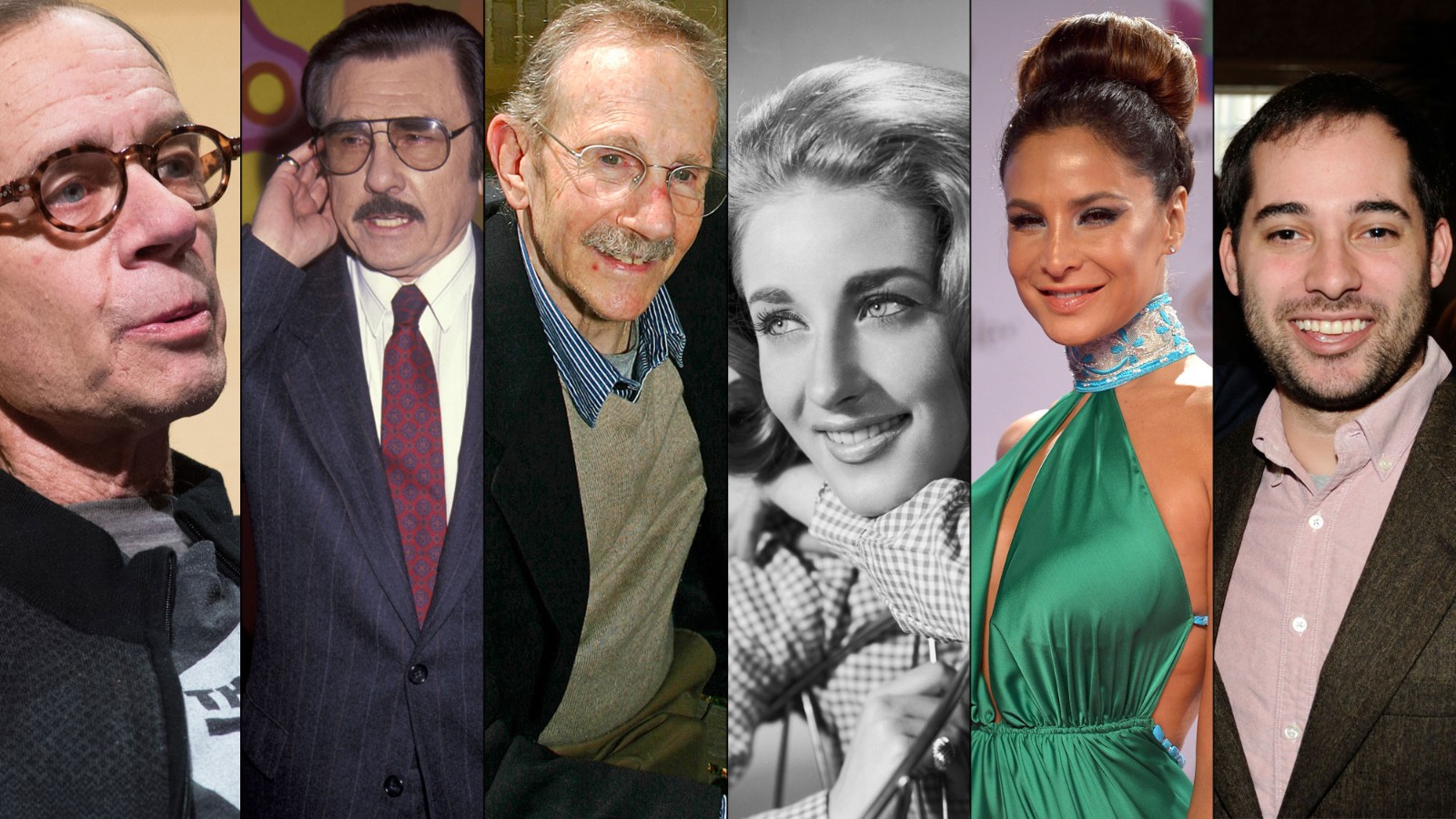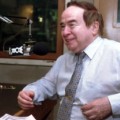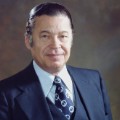Oscar-nominated filmmaker Bruce Sinofsky, whose series on the "West Memphis Three" cast doubt on the murder convictions of three Arkansas teenagers, catalyzing a movement that led to their release, died Saturday, longtime collaborator Joe Berlinger said.

The Emmy-award winning documentary director died in his sleep of complications from diabetes, Berlinger said. He was 58.
"Bruce's humanity is on every frame of the films that he leaves behind, and words can't express how graced I feel my life has been by having the extraordinary opportunity of being able to say we were partners and, more importantly, best friends," said Berlinger.
The duo collaborated on Sinofsky's debut, the critically acclaimed "Brother's Keeper," before turning to the "Paradise Lost" trilogy, a series of films that drew attention to the case of three teen boys convicted in 1994 of killing three Cub Scouts in West Memphis, Arkansas.

People we lost in 2015 27 photos
The films, released in 1996, 2004 and 2011, raised questions about the evidence, drawing attention from musicians including Eddie Vedder, Tom Waits and Henry Rollins, who pushed for a review of the case. After spending 18 years in prison, Jessie Misskelley, Damien Echols and Jason Baldwin were released pursuant to a complicated plea agreement in September 2011, one month before the final installment, "Purgatory," was released.
The film was nominated for an Academy Award.
As the case wended though the courts, Sinokfsky and Berlinger turned their attention to metal band Metallica, whose music was featured in the first two installments of "Paradise Lost." The result was 2004's "Metallica: Some Kind of Monster."
Sinofsky also directed PBS' "Good Rockin' Tonight: The Legacy of Sun Records," an installment of The History Channel's "10 Days that Unexpectedly Changed America" and episodes of the Sundance Channel's "Iconoclasts" series. He won multiple Emmys, a Peabody and an Independent Spirit Award for his work.
Berlinger recalled Sinofsky's dedication to his first film "Brother's Keeper," despite a lack of of financial backing or equipment.
"Bruce encouraged both of us to throw caution into the wind to start capturing what would become 'Brother's Keeper' in 1991 with no money in our pockets, in the pre-video 16mm age of documentary-making, when making a no-budget film took a little more ingenuity to get in the can," he said in a statement.
"His unique combination of courage and empathy made that possible, as well as everything that came after for us. The extraordinary adventures we had on the road and the deeply stimulating experiences we had in the editing room were life-changing for all of us who knew him thanks to his wisdom and fervor to change the world. "
A memorial service will be held in March.






















































No comments:
Post a Comment